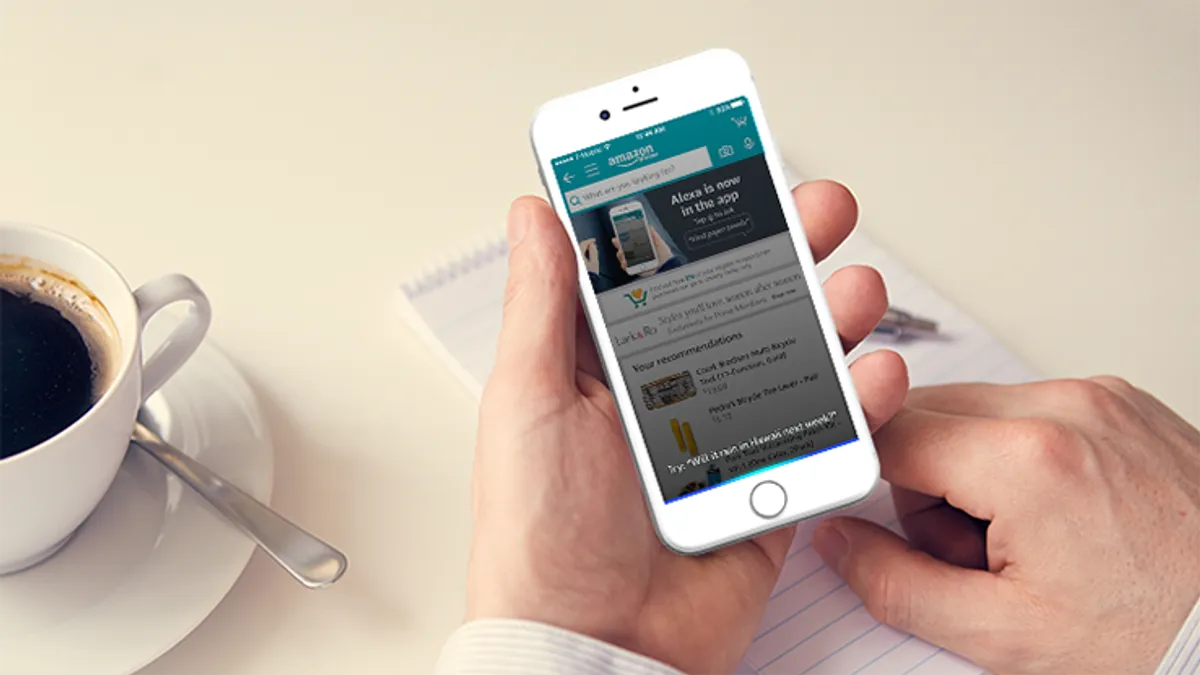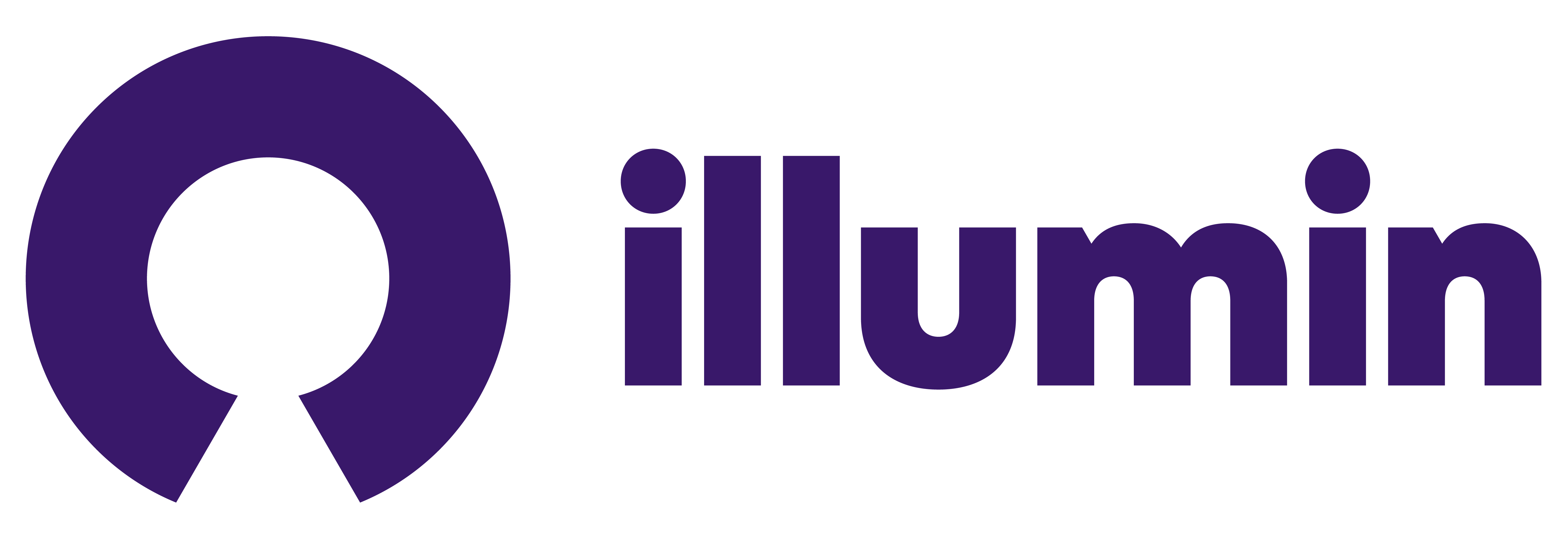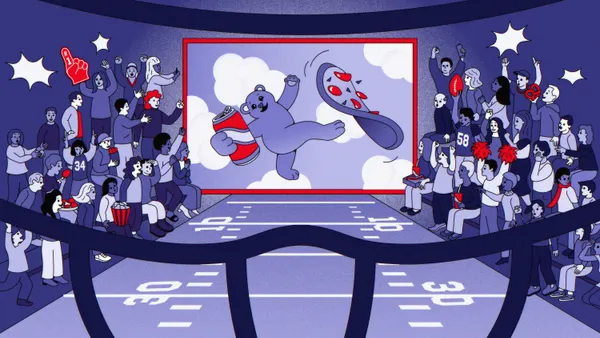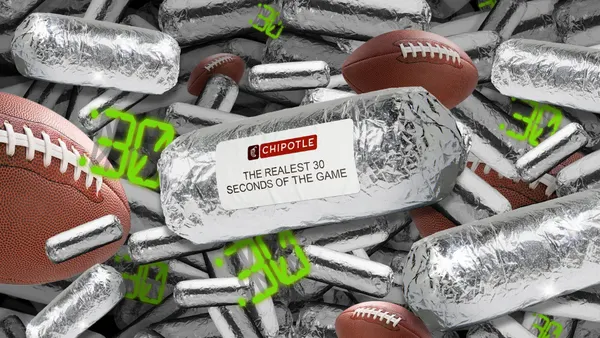Brief:
- Amazon tested a pop-up feature on its mobile app that showed its private-label goods on some of the product pages of rivals, The Wall Street Journal reported. The pop-up windows filled much of a smartphone screen, forcing app users to click through to a lower-cost Amazon product or to close the notice before continuing to browse.
- Mobile users who searched for "AAA batteries," for example, in Amazon's app first saw a sponsored listing from Energizer Holdings. Users who tapped on that listing then saw a pop-up window offering less expensive AmazonBasics AAA batteries. Trash bags and nutritional supplements also showed similar pop-windows, the Journal reported.
- Amazon said the pop-ups weren't ads, but a test feature intended to help shoppers find less expensive products. Amazon's retail business, not its ad team, developed the test of the pop-up windows. The company declined to talk about the experiment's results, per the Journal.
Insight:
Amazon's test of pop-up windows shows how the e-commerce giant is become more aggressive in touting lower-priced products, such as its AmazonBasics private label brand. Store-owned brands typically let retailers capture a bigger slice of profits than resale products from manufacturers including CPG companies. AmazonBasics covers 18 product categories, not only core areas of bath, bedding, home and kitchen, but also automotive, video games and furniture, making Amazon competitive with a wide range of brands. Private label also helps retailers maintain exclusivity on products, as Bed Bath & Beyond demonstrated this month with its first-ever private-label brand, Bee & Willow Home, per Chain Store Age.
The experiment also shows that Amazon may face internal competition between its retail operations and its fast-growing advertising business. Amazon last year became the third-biggest digital ad platform after Google and Facebook as the e-commerce giant started selling valuable ad space on its website and mobile app. Its U.S. ad business will grow more than 50% this year as its share of the digital ad market reaches 8.8%, researcher eMarketer estimates. The company risks alienating advertisers who buy sponsored listings or other ads, only to be undercut by Amazon's competing private-label brand. Amazon declined to say whether advertisers were notified about the test that usurped their sponsored listings, or if they were refunded payments for sponsored ads, per the Journal.
As Amazon's role grows beyond e-commerce, it is facing greater scrutiny from the media and regulators. Sen. Elizabeth Warren, a Massachusetts Democrat running for president, this month said some of America's largest tech companies, including Amazon, Google, Apple and Facebook, should be broken up because of their outsized economic power. Her regulatory plan would reverse Amazon's acquisition of Whole Foods Market and split AmazonBasics from the company's marketplace business. While Warren currently trails other Democratic candidates in the polls, her campaign's decision to try to foment negative publicity for tech giants like Amazon could resonate with the growing number of consumers expressing that they do not trust tech giants.













